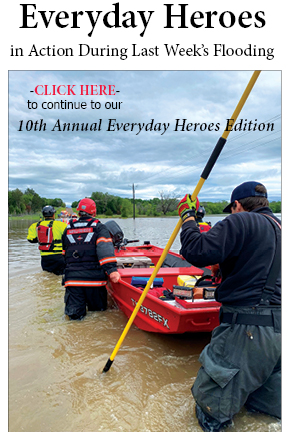At the end of December, President Biden signed The Big Cat Public Safety Act (BCPSA) into law. The Texas Humane Legislation Network (THLN) was instrumental in its passage and has advocated against the private ownership of wild animals, including big cats, since 2001 by helping to enact the Dangerous Wild Animal Act.
“Texas law does not prohibit the private ownership of dangerous exotic animals, like tigers and lions, as pets,” said Shelby Bobosky, THLN’s Executive Director. “As a result, big cats suffer terribly and risk public safety. Just this year, Dallas Police found and seized a tiger cub caged in a Dallas backyard while serving a warrant. The animal was kept only two blocks from an elementary school and seized days before students returned to the classroom.”
In the first 90 days of 2021 alone, four privately-owned big cats escaped their enclosures and roamed loose in Texas cities. During Hurricane Harvey, there were reports of wild animals wandering neighborhoods as their enclosures had been destroyed and local law enforcement didn’t have the tools to tranquilize and capture them humanely.
“First responders should not have to apprehend 500-pound predatory big cats,” said Bobosky. “Passing the Big Cat Public Safety Act means less risk to our first responders and safer communities for all of us.”
The BCPSA also ends cub petting operations and denies wildlife traffickers access to a pipeline of animals. It amends current federal law to prohibit the acquisition, possession, sale, breeding and transporting of big cats in Texas and across the country. Sanctuaries, accredited zoos, and research facilities would be exempt. Current owners of big cats will be grandfathered in so long as they register their animals with the U.S. Fish & Wildlife Service so that our first responders will know where they are located and who owns them.
“Because Texas is the number one state for private ownership of big cats, THLN coordinated a coalition of Texas first responder associations, including the Texas Animal Control Association, Texas Municipal Police Association, and the Sheriff’s Association of Texas. Our coalition ensured our federal legislators understood public safety concerns with big cats in our communities. We also want to recognize Big Cat Rescue and Animal Wellness Action, our partners who pushed this Act to the finish line,” concluded Bobosky.
“We applaud Senator Cruz and Senator Cornyn for helping secure the passage of the Big Cat Public Safety Act, which will keep families in suburbia safe from dangerous tigers and lions,” said Marty Irby, Executive Director at Animal Wellness Action. “After a decade of legislative work on the bill and tremendous publicity for the issue, cub petting will soon become a thing of the past in the U.S.,” said Irby.
“For me, this fight for the big cats was never personal,” said Carole Baskin, President and Founder of Big Cat Rescue. “This was always about developing a national policy to shut down the trade in these animals as props in commercial cub handling operations and as pets in people’s backyards and basements,” said Baskin.




